Published - Thu, 16 Jun 2022
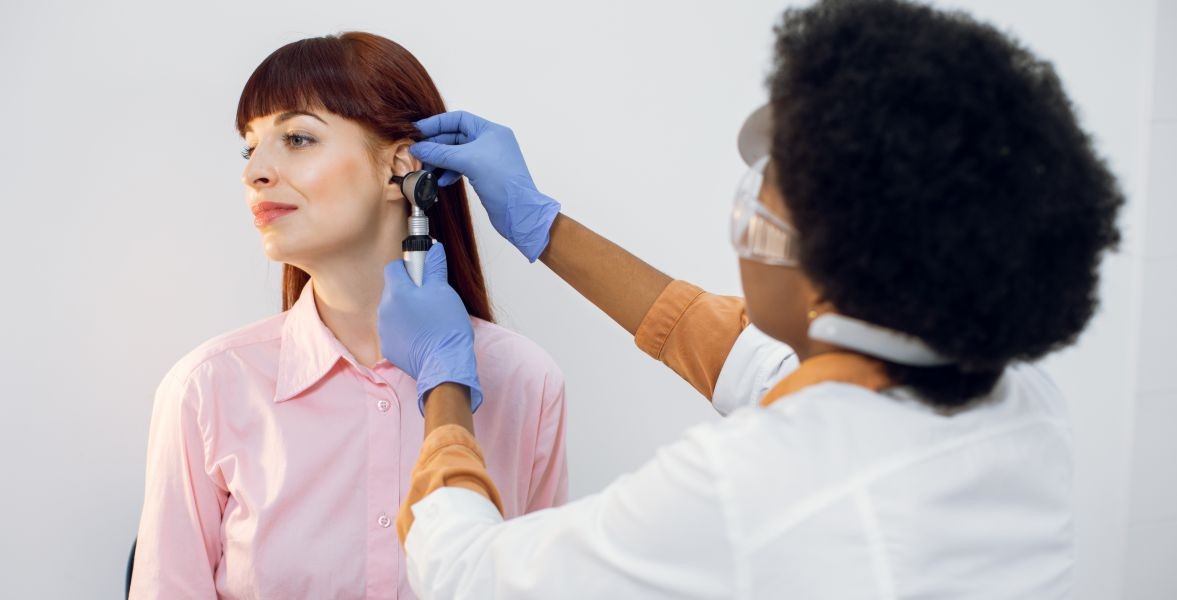
HEARING LOSS
It's difficult to hear or understand sounds if you have hearing loss. This occurs when one or more parts of the ear, the nerves that run from the ears, or the brain's hearing center malfunction.
Hearing loss is a condition that some people are born with. Hearing loss, on the other hand, may develop gradually over time or appear later in life. Hearing loss can run in families or be caused by birth defects, infections, or ear-damaging medications.
These types of hearing loss are unavoidable. Noise-induced hearing loss, on the other hand, is preventable. People who work in noisy environments, such as construction sites, road crews, and factories, may lose their hearing over time if they are not properly protected.
A decibel is a unit of measurement for sound levels that is commonly used in communication, signaling, and electronics. The decibel levels of some common noises are as follows:
Normal conversation levels – 60-65dB
Street traffic – 75-85dB
Motorcycles – 100 dB
Rock concerts and ambulance sirens – 120dB
Fireworks – 140-160dB
Sound from a movie theatre during action scenes – 100dB
Digital music is blasting from the speakers.– 112dB
Car horns and nightclub music – 110Db
Forklift and similar heavy machinery – 85dB
Heavy traffic or a lawnmower
From about 25 feet away, a tractor-trailer truck– 95-100dB
Chainsaw – 115-120dB
Hearing loss can show up in several ways, including:
Muffling of speech and other sounds
Requesting that others speak more slowly, clearly, and loudly regularly
Rising the television or radio volume
Withdrawal from conversations
Avoidance of some social settings
Having trouble understanding words, especially when there is background noise or when there are a lot of people around
Having trouble hearing consonants
Individuals who frequently listen to loud music with headphones while attending open-air music festivals or nightclubs, on the other hand, may be affected.
Many adults eventually notice that they're pressing the "volume up" button on the TV remote more frequently, or that a large number of people in their immediate vicinity need to speak up. While there are numerous hearing loss myths, there are two main reasons why people begin to lose their hearing:
Age: As you get older, your inner ear's tiny hair cells break down and can no longer pick up sound vibrations as well as they once could.
Noise: Exposure to a lot of loud noise for an extended period can harm the hair cells in your ears.
Damage to Hair Cells: When there is noise, hair cells bend in the same way that tall grass bends in the breeze. The more they flex, the more damage they cause to your hearing. The cells may straighten after a recovery period, but if they are too damaged, they will begin to die. In the average person's inner ear, there are approximately 16,000 hair cells. If a hearing test reveals that you have hearing loss, 30 to 50 percent of these cells have likely been damaged. This type of damage is frequently caused by noise and is This type of damage is frequently caused by noise and is usually irreversible.
Damage to the Ear Nerves: When sound vibrations strike the eardrum, the acoustic nerve, also known as the auditory nerve, transmits sound information from the inner ear to the brain. They effectively transmit sound when they work together with the middle and outer ear. Minor damage may not show up on a hearing test, but you may notice that hearing and understanding the person next to you in a noisy restaurant or crowd is becoming increasingly difficult.
Too Much Noise: Being bombarded with loud noises for an extended period can cause hearing damage. It can also happen if you're near loud, short bursts of noise, such as fireworks or gunshots. Avoiding loud noises as much as possible is the best way to avoid hearing loss.
Most types of hearing loss are irreversible. You can, however, improve your hearing by working with your physician or a hearing specialist.
Created by
Rigomo Team
Rigomo is a leading online education platform that offers a wide range of courses to help individuals enhance their skills and achieve their career goals. With our user-friendly interface and expert instructors, we strive to provide high-quality education to everyone, anytime and anywhere. Join us today and take the first step towards a brighter future.
Rigomo is an e-learning platform that was founded in 2019 by a team of dedicated professionals with a passion for revolutionizing the way people learn. The platform offers a range of online courses that cover various industries, including business, technology, healthcare, and more.
Rigomo's courses are designed to be interactive and engaging, with a focus on practical skills that learners can apply in their careers. The platform uses a combination of video lectures, quizzes, and hands-on projects to help learners master the subject matter.
Rigomo is committed to providing affordable and accessible education to people around the world. The platform offers a range of pricing options, including monthly and annual subscriptions, as well as pay-as-you-go options for individual courses.
Since its launch, Rigomo has received numerous accolades for its innovative approach to e-learning. The platform has helped thousands of learners across the globe acquire new skills and advance their careers.
As Rigomo continues to grow, the team remains committed to providing high-quality education that is accessible to all. The platform is constantly updating its courses and features to ensure that learners have access to the latest tools and technologies.
Comments (0)
Search
Popular categories
Health and Wellness
231Skill Development
7Technology
5Community Impact
2Success story
2Strategy
1Latest blogs
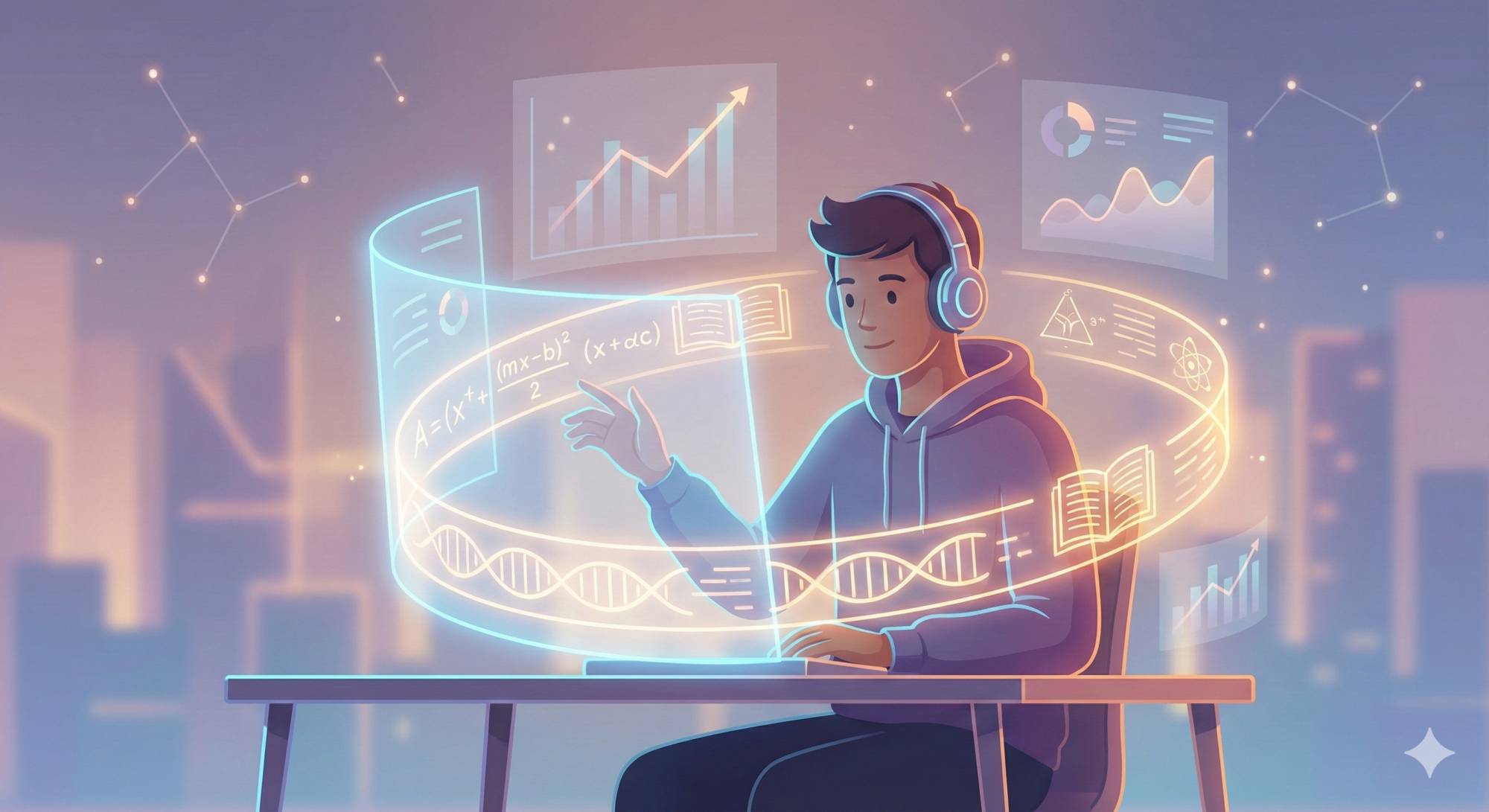
DeepSchool: The Story of an Idea That Refused to Sit Still
Tue, 02 Dec 2025
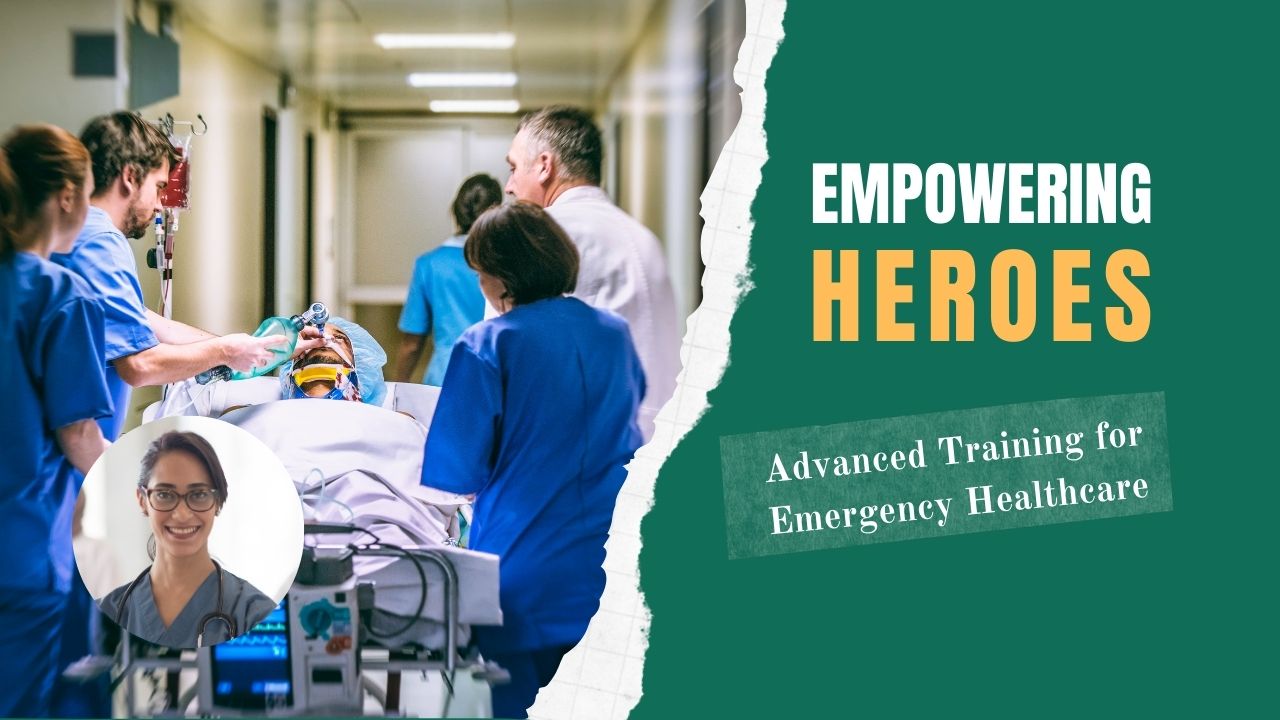
Transforming Emergency Care: The Story Behind Rigomo's Revolutionary PPMMP Course
Sun, 12 May 2024
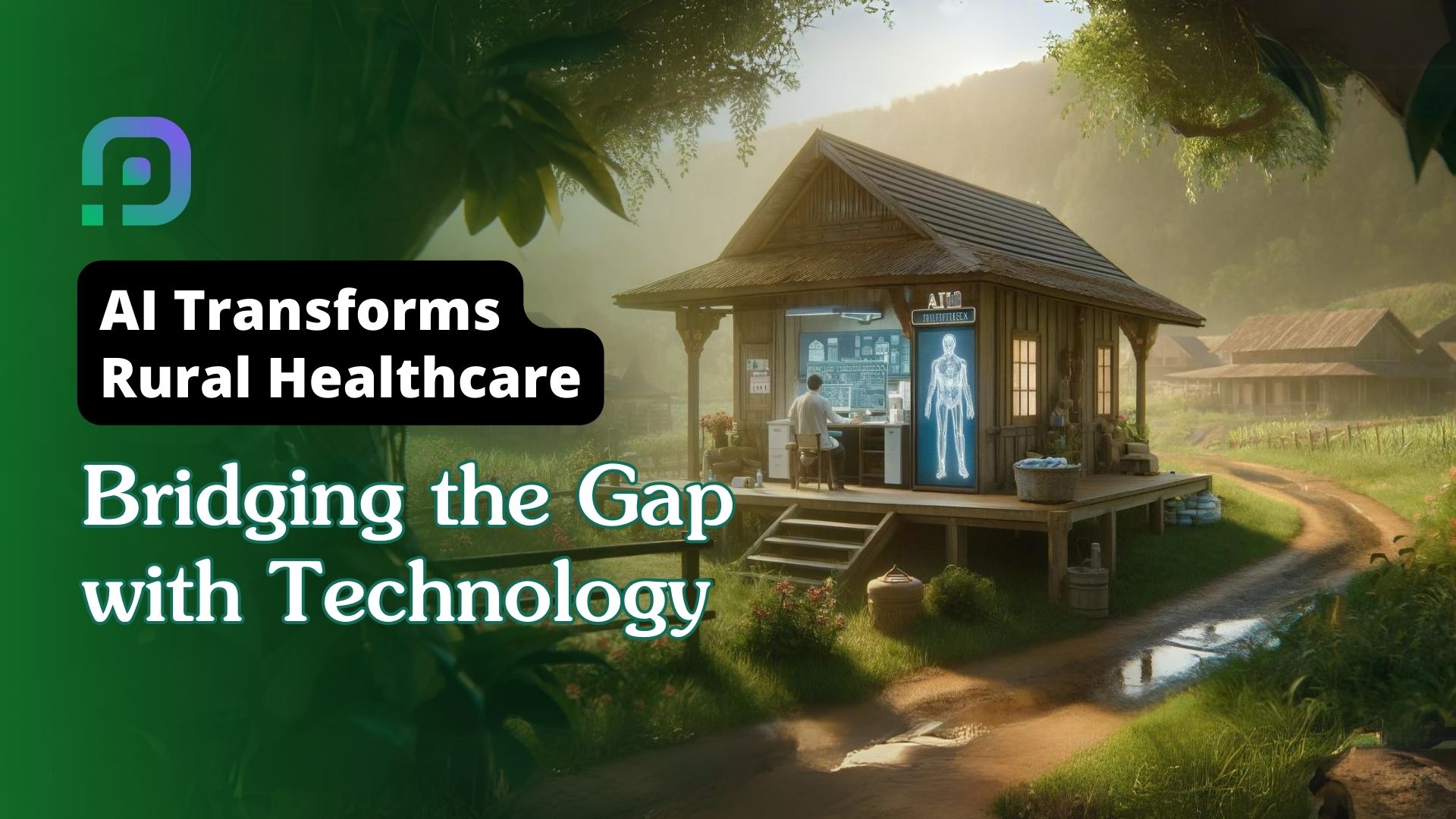
Empowering Rural Healthcare: How Pogiko's AI is Bridging the Gap in Medical Services
Thu, 25 Apr 2024
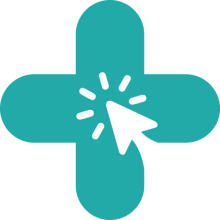
Write a public review